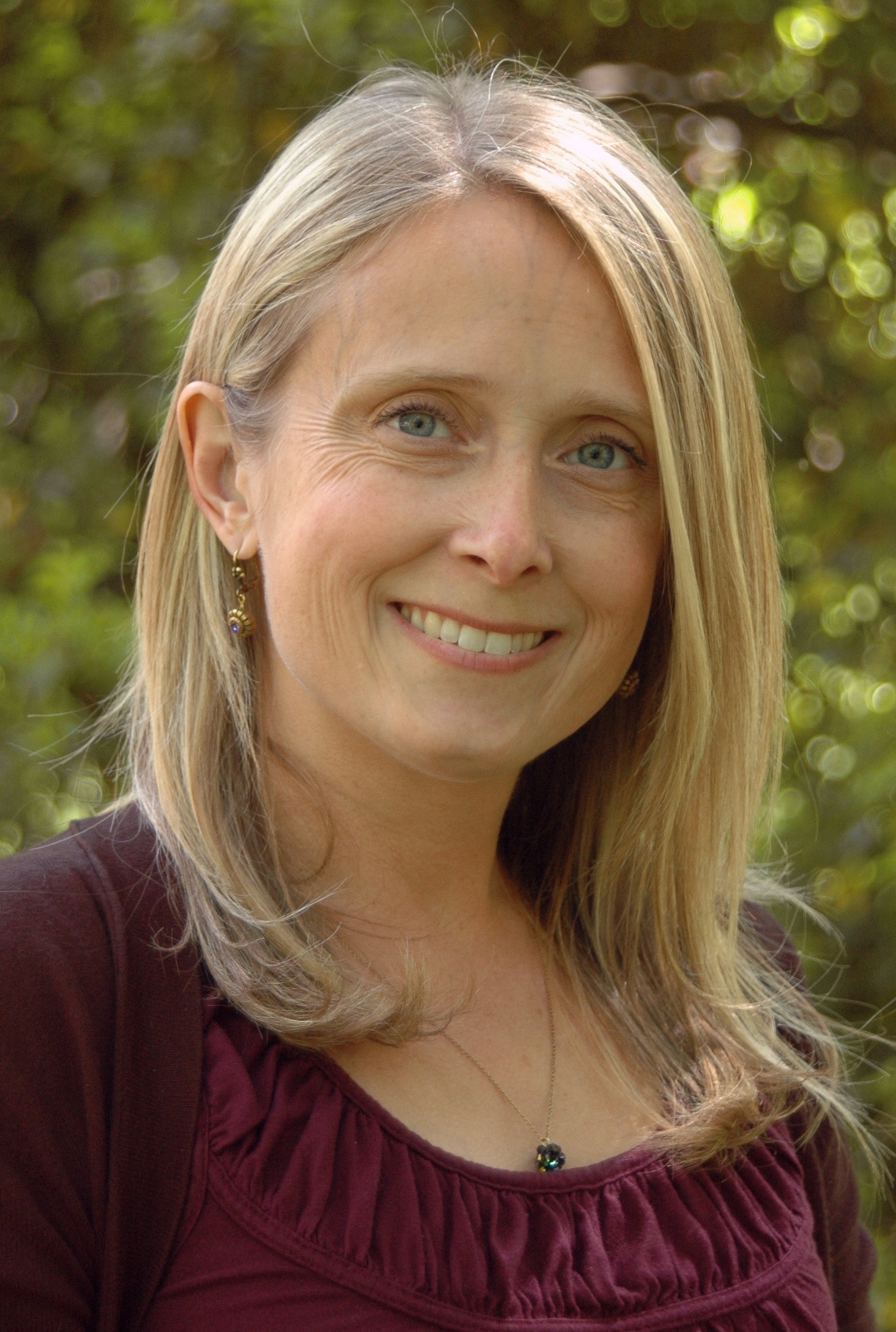UNC Lineberger member Melissa Troester, PhD, values a team approach in her work and her personal life. As co-leader of the cancer center’s Cancer Epidemiology Program, Troester’s work is an important part of UNC Lineberger’s interdisciplinary research on the causes of breast cancer and the translational research on strategies of prevention, treatment and cure.

As associate professor of epidemiology at the UNC Gillings School of Global Public Health and co-director of the Center for Environmental Health Sciences Integrated Sciences Facility Core, Dr. Troester focuses her research on molecular biology and the epidemiology of breast cancer. She is a co-principal investigator for The UNC Breast Cancer and the Environment Research Program (BCERP), a five-year initiative to study how obesity and other factors may affect susceptibility to basal-like breast cancer.
Recently made co-leader of the cancer center’s Cancer Epidemiology Program, Troester’s work is an important part of UNC Lineberger’s interdisciplinary research on the causes of breast cancer and the translational research on strategies of prevention, treatment and cure.
“UNC is an incredibly vibrant environment for doing breast cancer research,” she says. She values the breadth of research being done at the cancer center and the supportive, collaborative atmosphere. “We have people researching the different subtypes of cancer, and we have phenomenal resources like the Carolina Breast Cancer Study that can delve into the epidemiological factors,” she says. “It’s team science: transdisciplinary research at its best.”
While studying chemistry on a pre-med track at Macalester College in Minnesota, Troester discovered she enjoyed the research process. “I loved the satisfaction that came from answering a question that had never been considered before and solving problems with methodology,” she recalls.
Her love of research led her to begin doctoral work in chemistry at University of Chicago. As her chemistry research began moving toward industrial applications, she realized that she wanted to refocus on the health sciences. Troester’s journey from chemistry to public health and epidemiology took some time. She finished a master’s degree in chemistry and spent time working for public health-focused nonprofit organizations. This work sparked her interest in cancer and the environment. Volunteering with environmental education programs, she also discovered a love for community science education and the importance of scientific literacy.
In 1997, she came to UNC to pursue a PhD in environmental health with a focus on cancer. Relying heavily on her knowledge of chemistry, she studied environmental carcinogens in the body and how they interacted with DNA. By the time she finished her PhD, she felt she had just scratched the surface of biomarkers and cancer. She elected to do post-doctoral work with a focus on molecular biology to further the understanding of biomarkers and epidemiology research. Here, at the intersection of molecular biology and epidemiology, Troester started her independent research career.
In 2006, she started her first faculty appointment at University of Massachusetts. There she developed a research focus on the study of normal breast tissue and its response to different environmental exposures that could lead to cancer. She seized the opportunity to come back to UNC in 2008, where she continues to study the epidemiology of breast cancer and how normal breast tissue interacts with a tumor to affect progression of the disease.
Troester explains that it’s important to understand normal breast tissue so that we can understand how the tissue changes in response to such factors as pregnancy, obesity, diet or environmental exposures. She uses the seed and soil hypothesis: the seed represents the cancer and the breast tissue is the soil. What makes good soil for the seed? “We’re trying to understand the underlying biological mechanisms of breast cancer risk by studying how these factors change breast tissue before disease occurs,” says Troester. “If we only study cancers, but we don’t understand how healthy tissue responds to risk factors, we miss critical information.”
Troester also values a team approach in her life outside the research lab. She and the students in her lab bring science into the community through science camps and expos in collaboration with UNC’s Morehead Planetarium. Together they create experiential opportunities for school children to learn about concepts like cell communication. She says, “It’s a great way for us all to get involved and spark interest in young scientists.” The top priority in Troester’s life is her family. She and her husband have two daughters, ages seven and ten. The family enjoys camping trips to the mountains of North Carolina that include kayaking, hiking and lots of campfire cooking. She took up running two years ago and finds it to be a good way to take care of herself while balancing the demands of work and family. When visiting the mountains, the family runs together in the Bear Run, an annual five mile race up Grandfather Mountain. She also enjoys running with colleagues in the Tar Heel 10 Miler, an annual race that supports UNC Lineberger. She notes with a smile, “Just as in science — it’s helpful to have the support of a group.”
